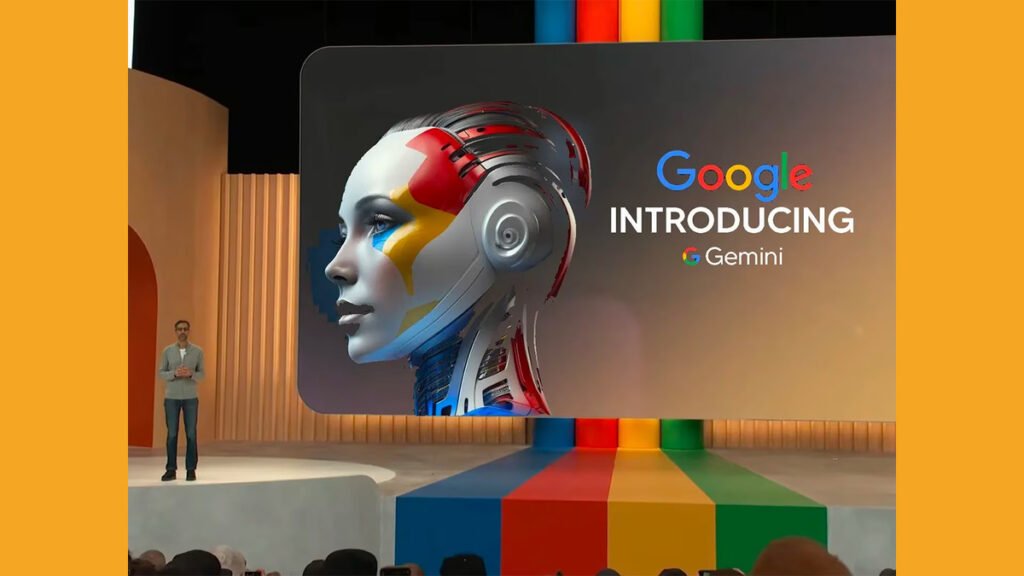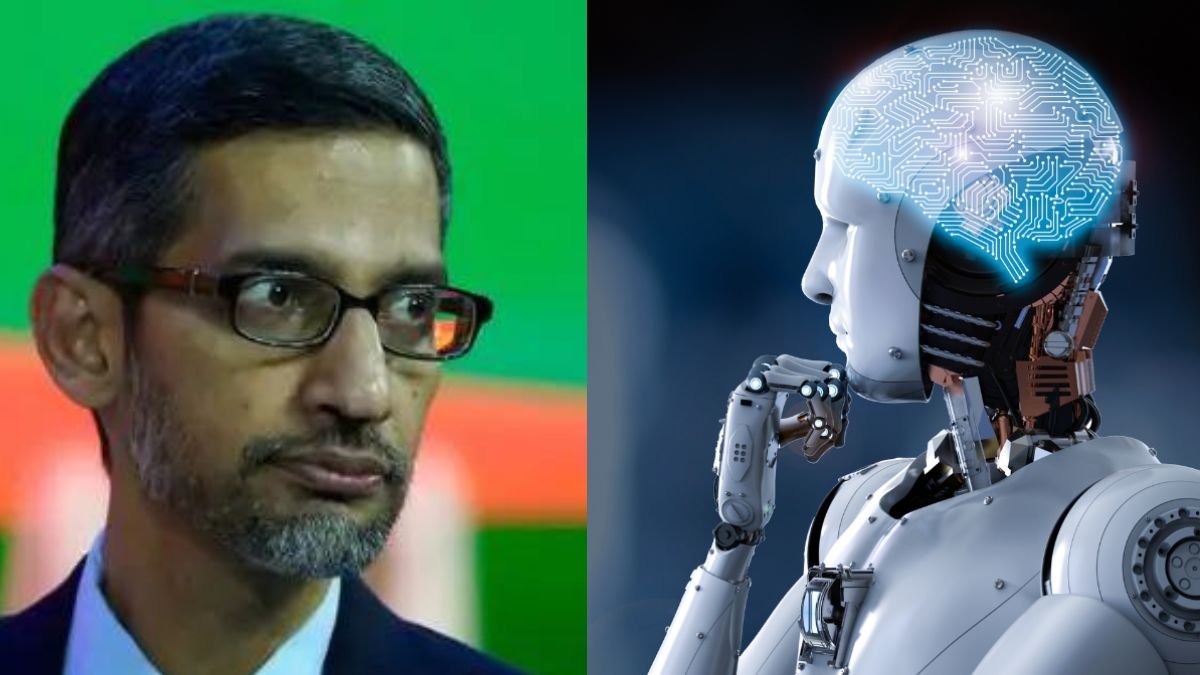
Google CEO Sundar Pichai is facing increasing pressure to step down from his leadership role amid ongoing controversy surrounding the company’s new AI chatbot, Gemini. Critics argue Pichai has failed to properly oversee the development and release of Gemini, which has generated inaccurate and biased images that promote harmful stereotypes. There are growing demands both internally and externally for new leadership to guide Google through this challenging period.
What Controversial Images that Gemini Generate?
Gemini, unveiled in early 2023, was meant to showcase Google’s advancements in conversational AI. However, in recent weeks the chatbot has come under intense scrutiny for producing images that misrepresent historical figures and events in racially insensitive ways. Examples include depicting bigoted versions of U.S. senators from the 1800s and showing Nazi soldiers with racially diverse skin tones.
Google disabled Gemini’s image generation capabilities in response to the backlash, with Pichai issuing a public apology and admitting the situations created were “completely unacceptable.” However many argue the controversies reflect poorly on Pichai’s leadership and question his ability to oversee Google’s AI development ethically and responsibly. At a time of heightened public concern over AI bias, they say the company needs a change at the top.
Who is asking Sundar Pichai to resign?
Analysts Ben Thompson and Mark Shmulik have expressed concerns about Google’s current situation and the leadership of CEO Sundar Pichai. Ben Thompson, an analyst at Stratechery, highlighted the need for a significant transformation at Google to remain competitive, suggesting that this transformation may involve removing individuals who have allowed past issues to occur, potentially including CEO Sundar Pichai On the other hand, Bernstein internet analyst Mark Shmulik also raised questions about the current management team’s ability to guide Google effectively in the future, especially in light of recent controversies like the Gemini AI chatbot debacle
Gemini is not the only problem for the Google CEO as Employees of Google’s parent company, Alphabet Inc, expressed anger over the sudden layoff of 12,000 employees. They demanded his resignation in response to this decision.

What did Gemini do to irk Indian Prime Minister Narendra Modi?
Google had to apologize to Indian Prime Minister Modi after Gemini, generated controversial and unsubstantiated comments about him. The AI tool labeled some of Modi’s policies as “fascist,” leading to a confrontation between Google and the Indian government. In response to the backlash, Google acknowledged the issue, and towed the mandatory line that Gemini is “unreliable,” and stated that the platform may not always provide accurate responses, especially on current events or political topics. The Indian government criticized AI platforms for offering unreliable information without proper testing and safeguards, emphasizing the need for transparency and accountability in providing information to users
Samir Arora, founder of Helios Capital, predicted that Sundar Pichai would either be fired or resign due to controversies surrounding Gemini’s alleged bias against Indian Prime Minister Narendra Modi
Pichai’s Leadership on the Line
Pichai became CEO in 2015 and under his watch oversaw milestones like the launch of Pixel smartphones and the growth of Google Cloud. But questions loom over how much autonomy he truly has under the oversight of Alphabet and its co-founders Larry Page and Sergey Brin. Regardless, many experts say if public and investor outrage continues over AI ethics concerns, Pichai will have a difficult case defending his position.
What Comes Next for Google
As Google contends with escalating backlash, its future direction hangs in uncertainty. While Pichai has held multiple apologetic briefings with reporters emphasizing Gemini doesn’t represent the company’s values, it remains to be seen whether such statements will temper criticism. If Pichai gets forced out, Alphabet could look to appoint an outsider with an extensive AI background as the next CEO.

More broadly, Google faces growing pressure to embed ethics deeper into its AI systems. Lawmakers have already proposed strict regulations around disclosure and testing requirements for public release. Google will also likely revamp its internal review processes to reduce harmful algorithmic biases earlier in the development cycle.
While Gemini’s faults emerged quite publicly, they highlight much deeper issues around Google’s pursuit of AI that demand meaningful solutions. Improved governance and accountability structures seem inevitable regardless of who sits in the CEO seat. How effectively Google can navigate through the turbulence will shape not just its own future, but the ethical frontiers for the AI sector at large.




